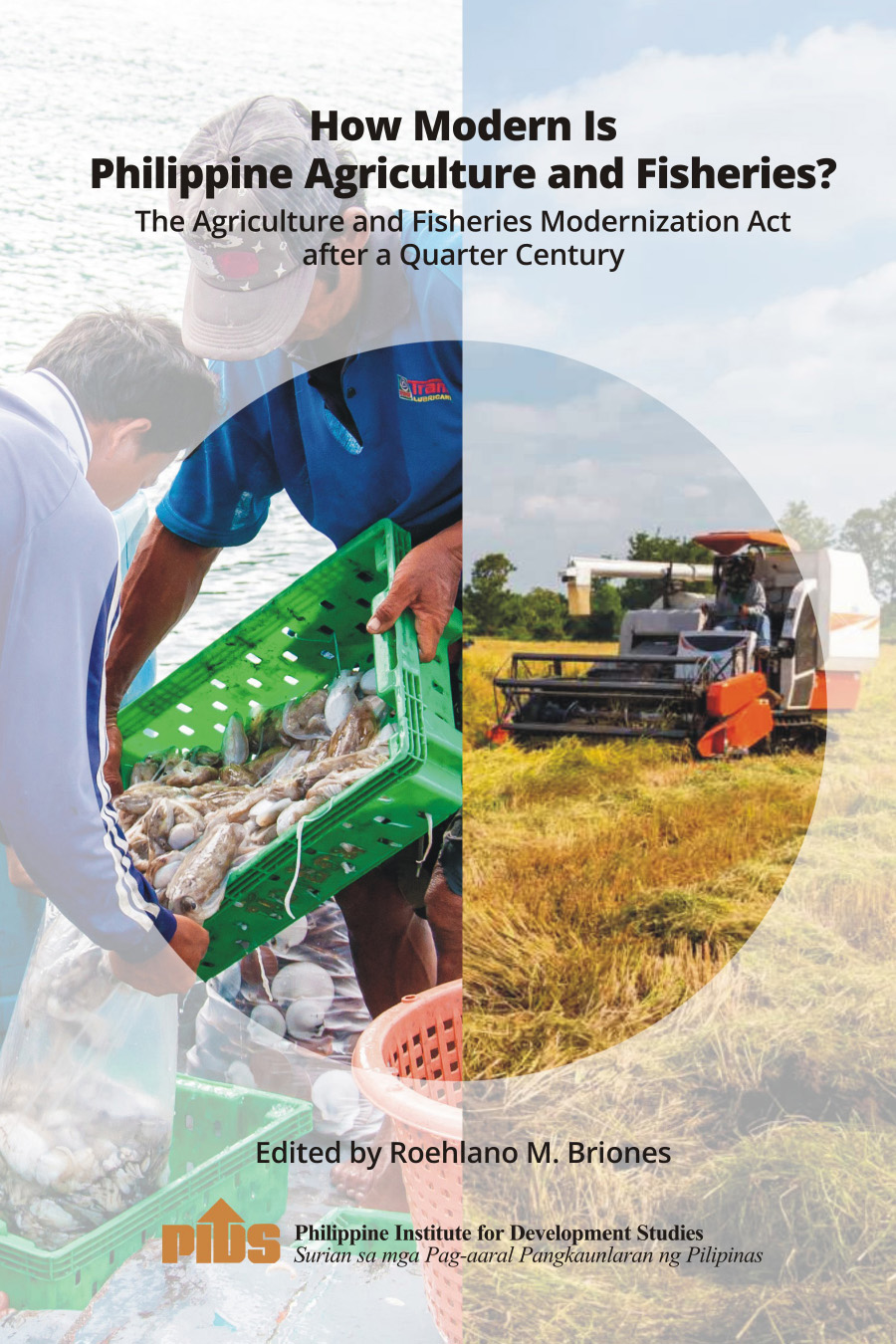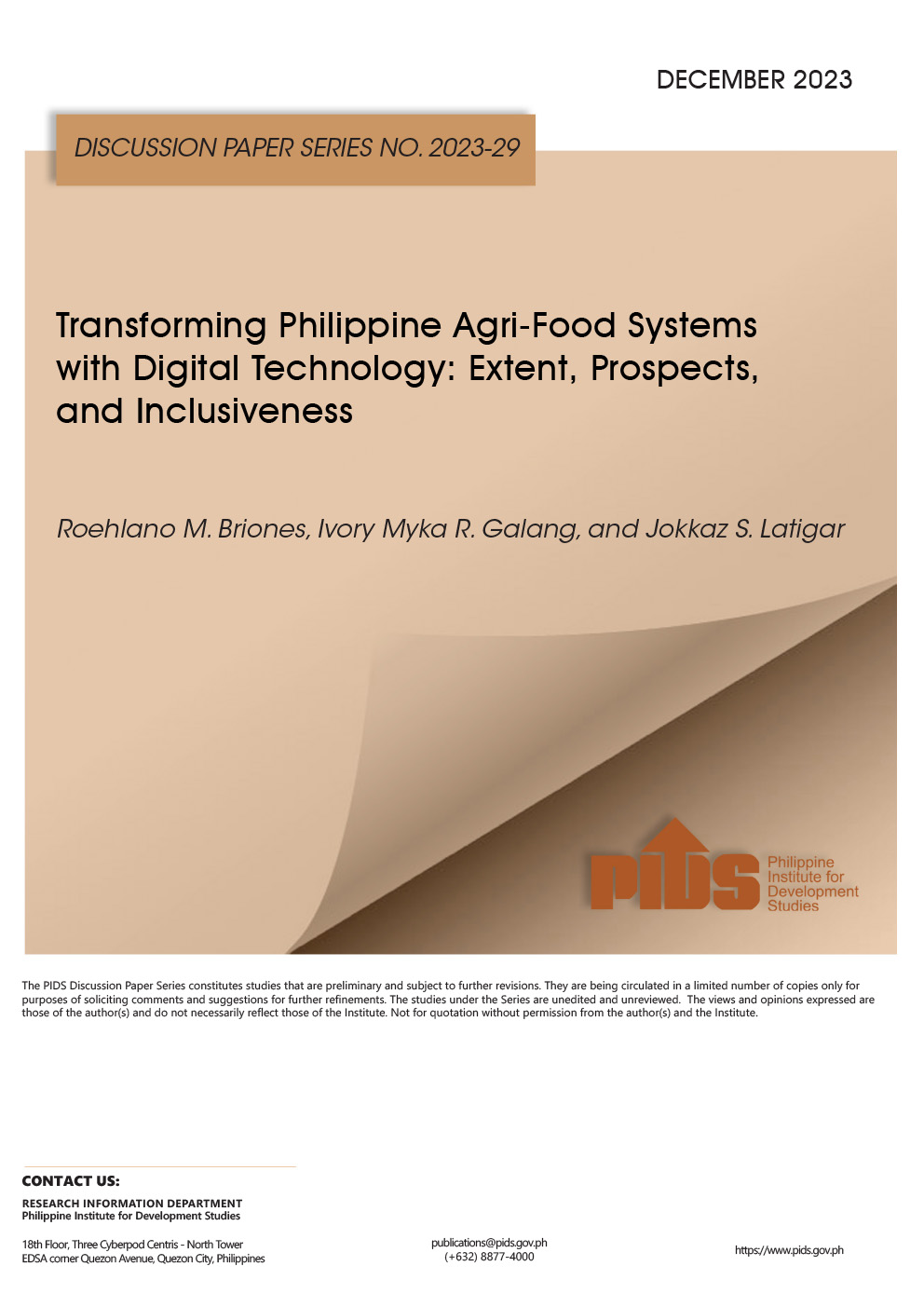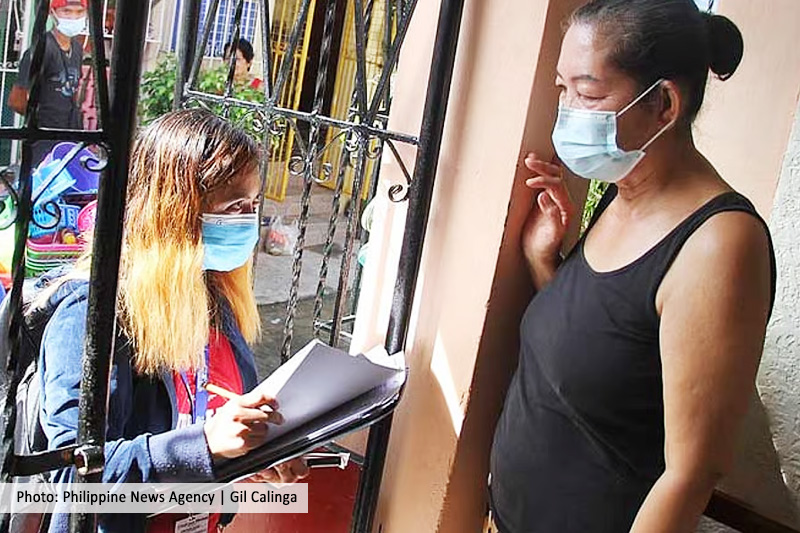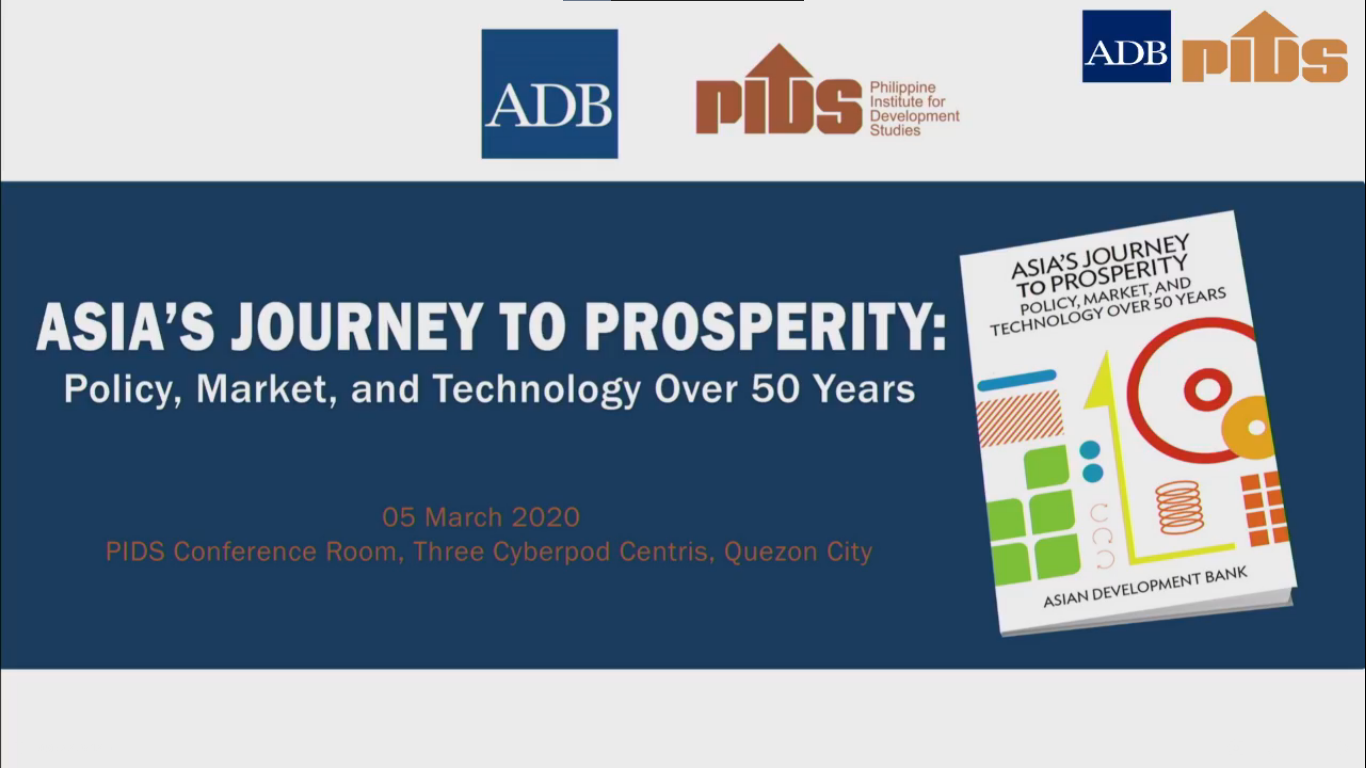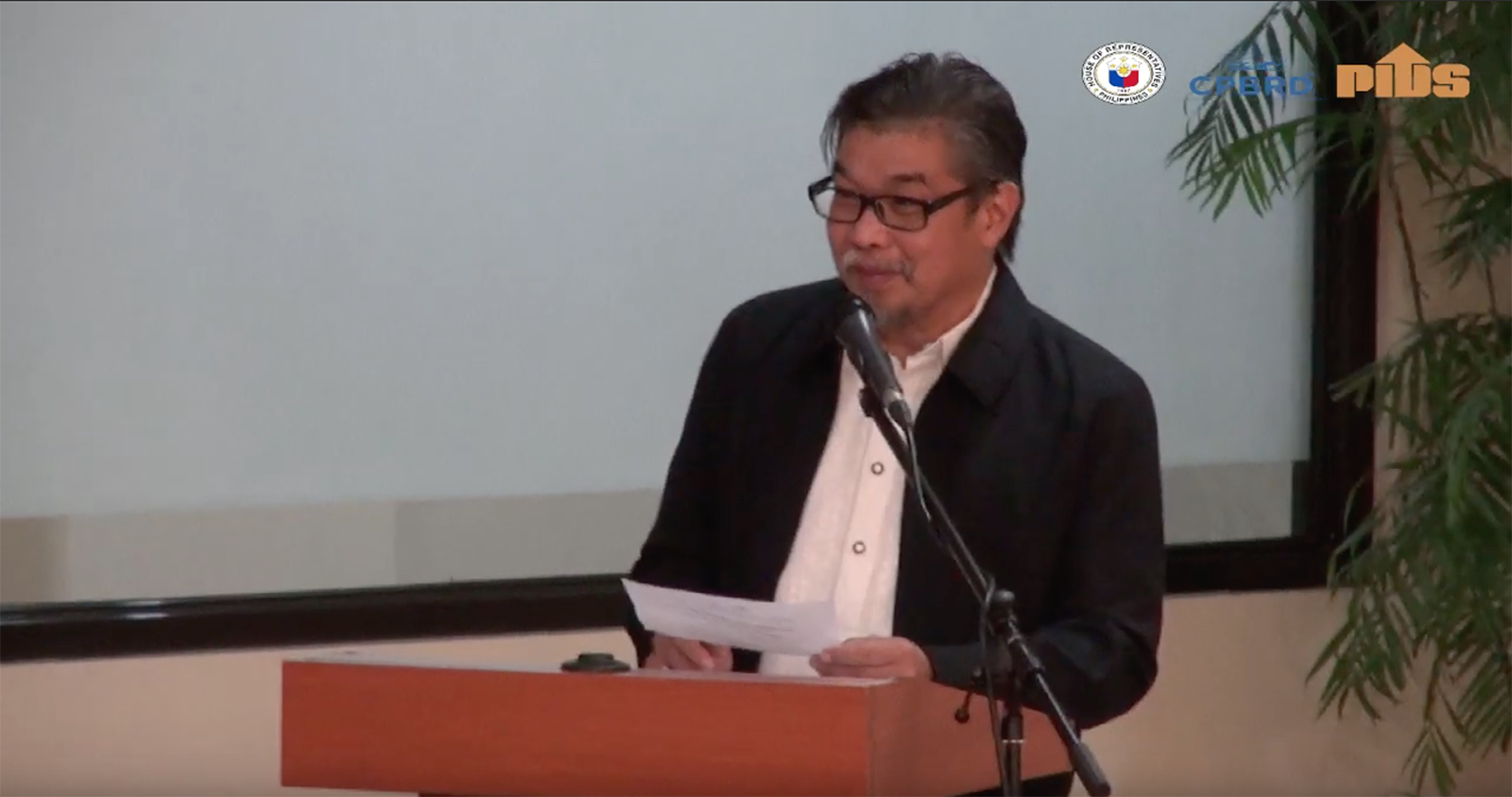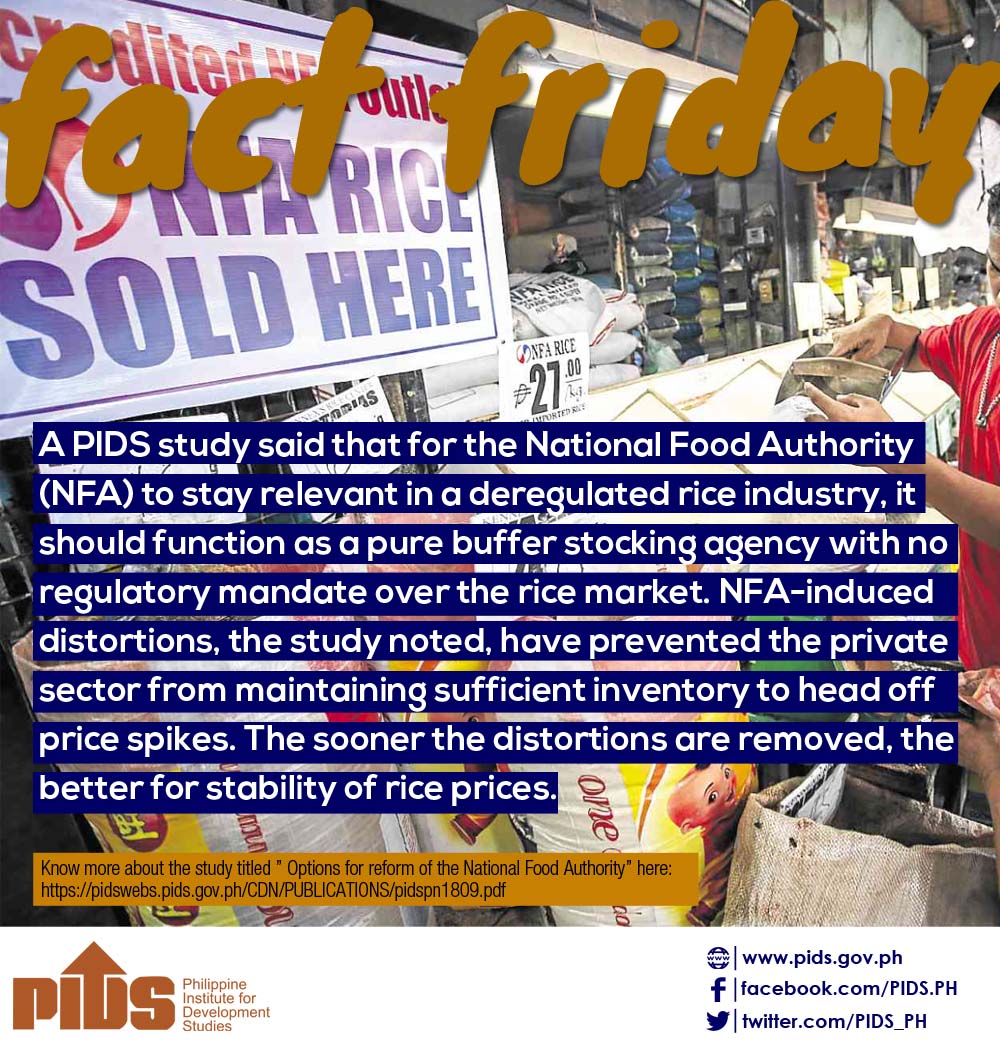Officials of the Agriculture department and the National Food Authority are at loggerheads with the Cabinet’s economic chief and a UP think tank on the issue of rice imports.
Agriculture officials joined by some populist senators have taken the position to protect the producers at the expense of the consumers, a move they recommended during hearings by the Senate Committee on Agriculture and Food the extension of the General Agreement on Tariffs and Trade (GATT)-World Trade Organization (WTO) special treatment of rice or quantitative restrictions, which expired in June 2012.
The recommendations are in stark contrast with the positions of the University of the Philippines economists, all of whom have called for the abolition of import quotas citing the increasing cost of rice in the market.
Dr. Roehlano Briones of the UP School of Economics and the Philippine Institute for Development Studies, the top think tank in Southeast Asia, said that "consumers will benefit from cheaper rice” with the removal of the QR and the levying of moderate tariffs.
"The country should not seek for an extension for the QR in rice imports. Any licensed importer should be allowed to make its own commercial decisions, subject to payment of tariff and compliance with sanitary and phytosanitary standards,” said the economist, whose views are echoed by National Economic Development Authority (NEDA) Director General Arsenio Balisacan, who has also pushed for the abolition of quantitative restrictions with some tariff protection.
The Philippine Statistics Authority-Bureau of Agricultural Statistics (PSA-BAS) has reported that rice today sells between 13% to 14% higher than at the same period last year. Well-milled rice now retails for 40.06 pesos per kilogram, while a kilo of regular-milled rice, on the other hand, now retails for 36.75 pesos.
Agriculture Secretary Proceso Alcala have repeatedly argued for the extension of the QR, testifying in ongoing Senate hearings that this was needed to protect the country’s 2.5 million farmers. The Senate hearings, which have shifted its focus from spiraling rice prices to ongoing rice smuggling controversies, resume today.
However UP-trained economists have repeatedly pointed out that the protection of rice producers have come at the expense of consumers, who are the "losers” under current rice importation policies. Former NEDA Chief and Professor Emeritus Gerardo Sicat of the at the UP School of Economics, said that "the losers in this corrupted world are consumers” as those who benefit from government’s protectionist policies "are producers who can exclude market competition with government help” as well as rice smugglers who "make huge profits when high tariffs are in place.”


